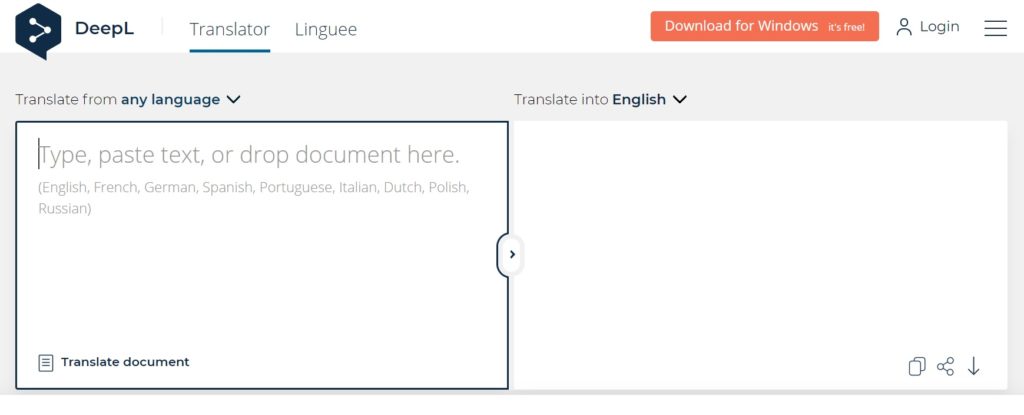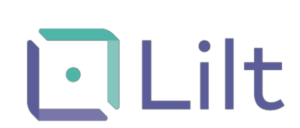Artificial Intelligence (AI) is the next big thing in the world of technology. It is nothing less than a revolution in the field of modern software. As any piece of technology before, AI too has posed certain threats to the traditional industries and setups. One particular threat that we will be discussing today is whether AI translators can take over the human translating business around the world?
AI has taken up a prominent place in the human language translation industry and is predicted to make remarkable achievements in the future. According to market research firm Technavio, AI technology will increase dominance in the global translation market in the coming years. Current trends show that AI will be able to replace as many as 500,000 translators and will be used by thousands of language translating agencies. Moreover, there is historical evidence that if machines do the same amount of work as humans then sophisticated machinery can replace humans.
The Current Scenario of AI Translators
In the current setting, AI translators are seen to be better than Google Translate in the major languages (like German, Italian, French and Spanish). One example of an AI MT system is DeepL, an AI translation system that boasts much better results than Google Translate. However, the big engines like Google are capable of translating many more languages than DeepL. More than 100 languages, out of which 32% are in a conversational mode whereas almost 40% are visual translations.

NMT Systems

A relatively new technology being used is neural machine technology (NMT). The machine produces neural connections from the data provided which is used for language translation. The system is generally easy to work with. It can help you achieve translations which are of the same level as humans, in a less complex environment. Another advantage of using these systems is that you don’t need to provide training as in the case of having human translators. One company that is seen as a rising star in the use of NMT is Lilt.
Will AI Replace Humans?
It may sound like AI can take over the human language translation industry, but there are still several loopholes that will affect the industry in many ways. Probably the biggest challenge that the Artificial Intelligence Industry faces currently is the cultural and emotional gap. No matter how sophisticated the AI machinery is, it is not able to understand the human language of emotions neither is it able to bridge cultural barriers. Another issue that arises when using translators instead of humans is when the context is misinterpreted. A small mistake can change the entire meaning of the sentence.
Therefore, in the coming years, AI would have to be able to adapt towards the emotions, tone of voice, and the context in which the sentence is being said along with the cultural aspects. The AI today functions according to the algorithms and codes which are designed by humans. The algorithms are designed and incorporated in web apps using PHP and MySQL web development services.
Undeniably, it is through human efforts that AI has been able to carry out translations in the first place. Therefore, this technology can’t replace humans any time soon. However, it will reduce the number of professionals working in the human translation industry.
Moreover, it is possible that even if AI does reduce the number of professionals in the human translation industry human could still add value to the industry. They can do this by bridging the gap between the human and the machine. This could ultimately help with precisely interpreting the language regardless of any cultural barrier.
Final Thoughts
It seems that humans will stay play an important role in carrying out translations. For effective communication to take place it is important to keep in view the various aspects that make up a language. A very important part of communication in the context, if the context changes the entire meaning changes of the sentence.
In the present day, machines can’t interpret the languages keeping in view certain aspects. Until then, human professionals will still be considered as the most reliable means of conducting translations.
Author Bio:

Arslan Hassan is an electrical engineer with a passion for writing, designing and anything tech-related. His educational background and experience in tech has fueled his passion for writing cutting-edge content. He occasionally writes blog articles for Dynamologic Solutions.






great information shared .for more information visit the link: https://medium.com/@boujeebee001/unlocking-the-world-how-ai-translators-are-changing-communication-880d37095e9f